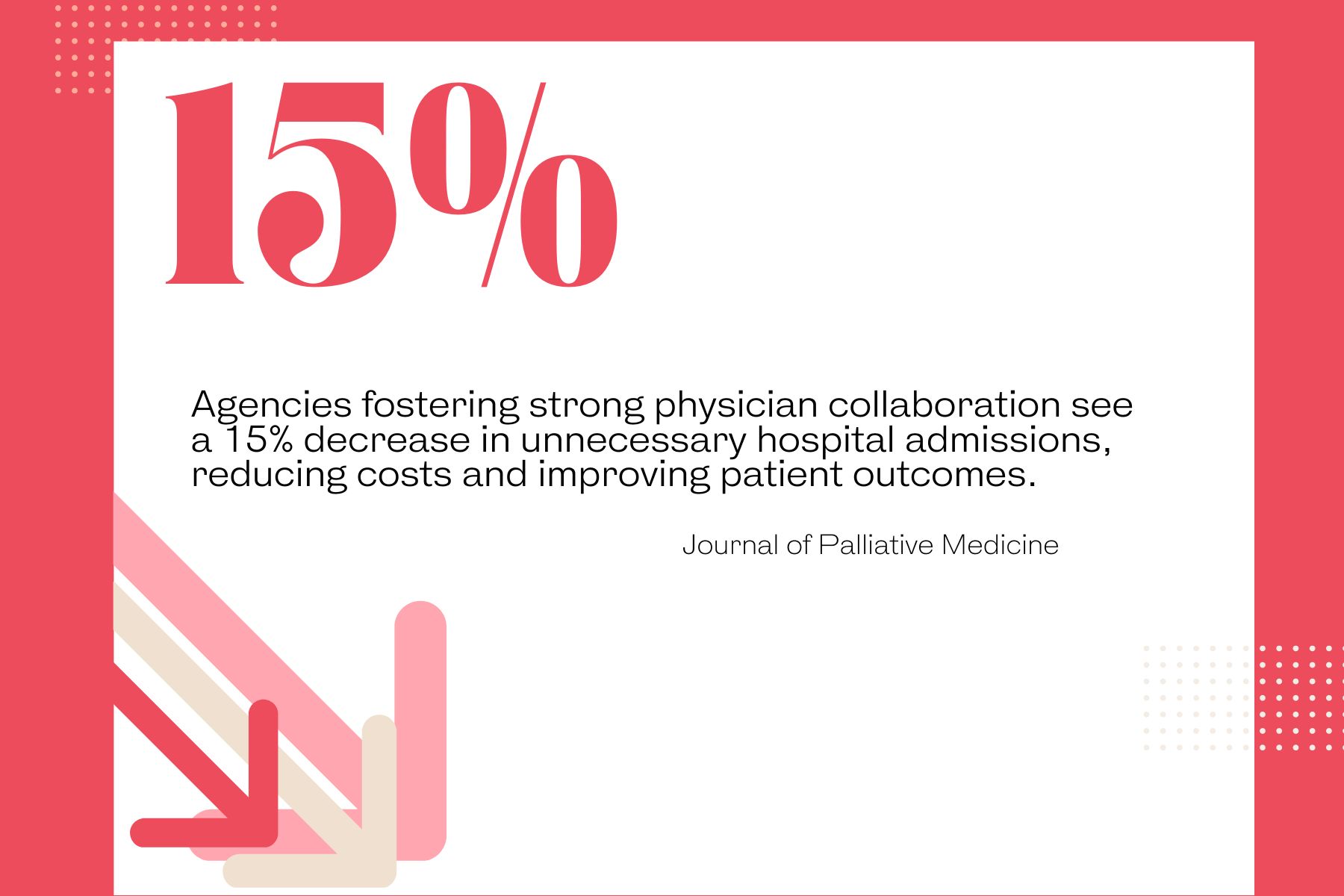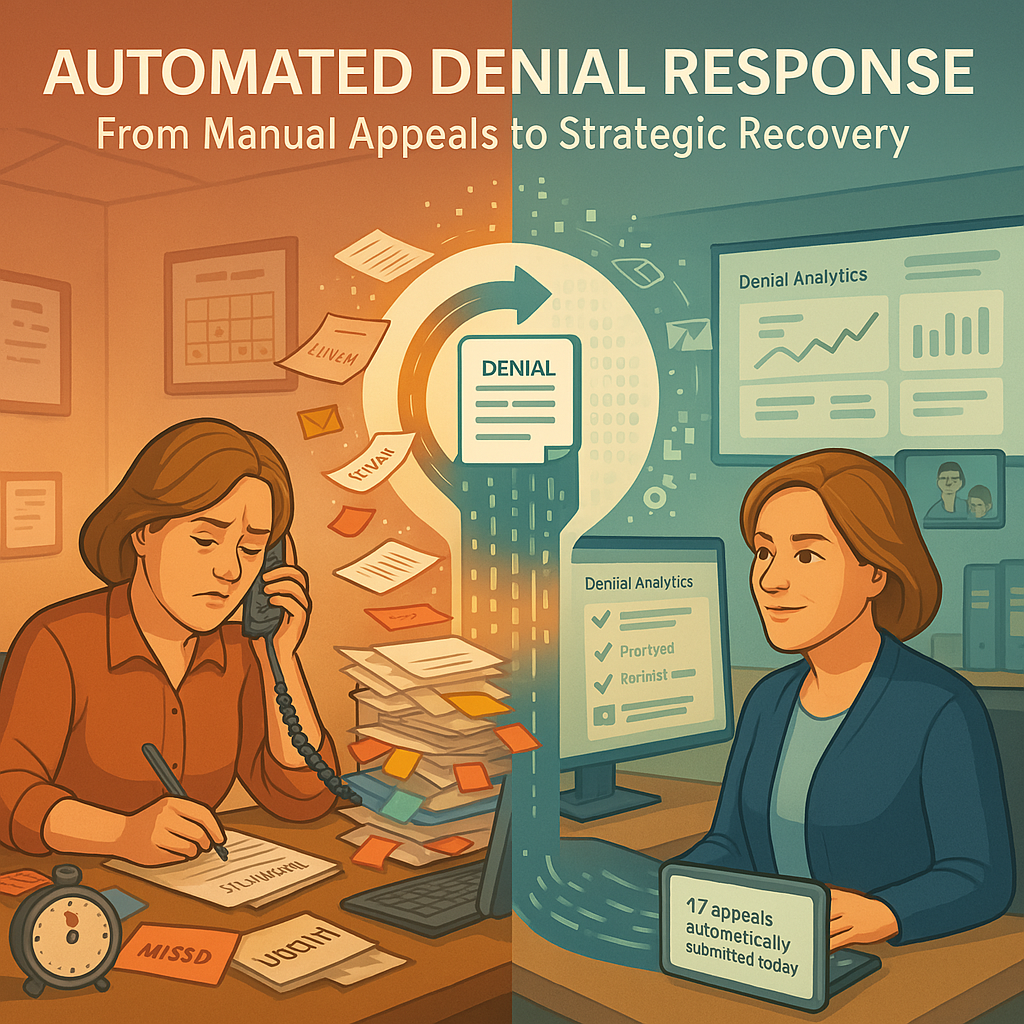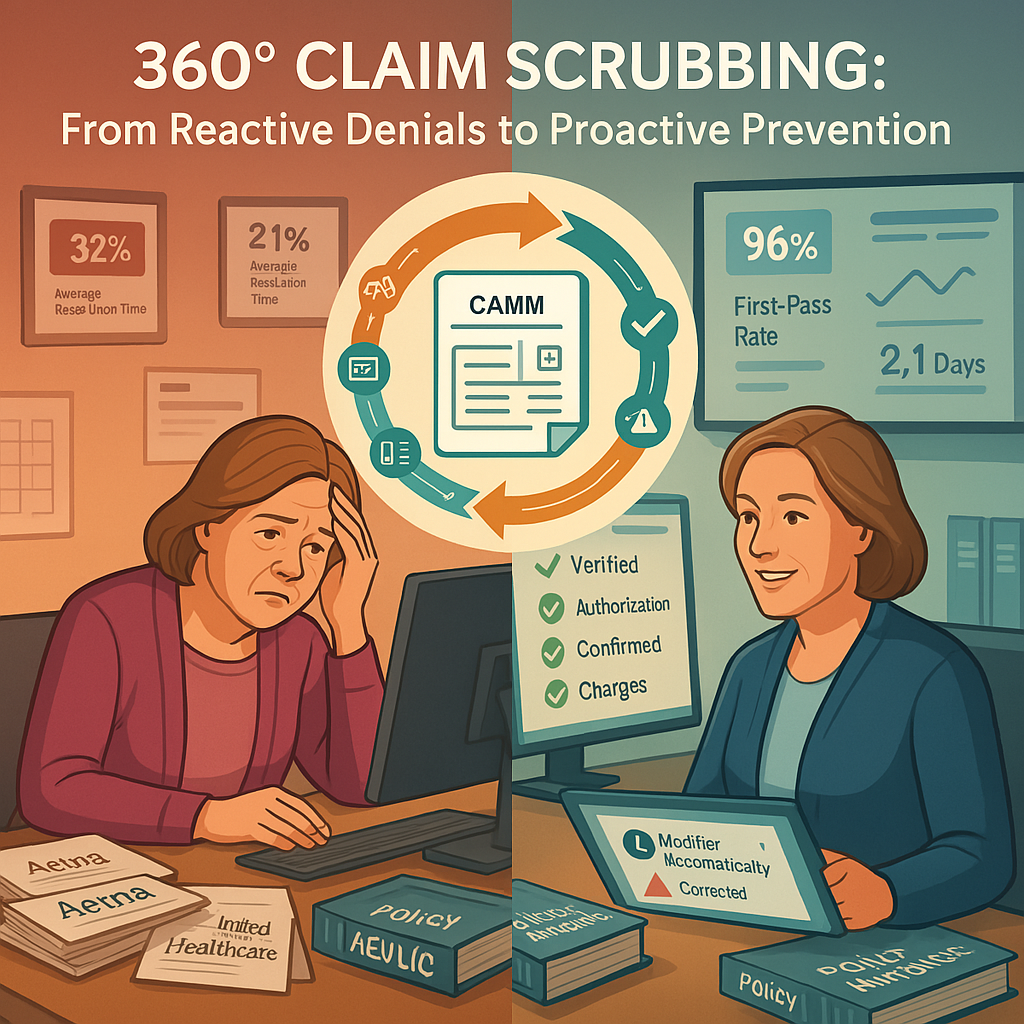In the realm of hospice care, ensuring a robust hospice revenue cycle is crucial for maintaining quality services and patient satisfaction. But navigating the complexities of compliance can be daunting. This guide aims to shed light on the importance of adhering to certification standards in hospice care and provides actionable insights for collaboration within the industry.
Introduction to Hospice Care Certification
Hospice care certification signifies adherence to specific standards set forth by regulatory bodies to ensure the delivery of high-quality end-of-life care. It encompasses various aspects, including patient care, staff training, and organizational protocols.
What is Hospice Care Certification?
Hospice care certification involves meeting predetermined criteria established by regulatory agencies to ensure that hospice providers deliver compassionate and comprehensive end-of-life care services.
Importance of Certification in Ensuring Quality Care
Certification in hospice care serves as a benchmark for quality assurance, providing patients and their families with the assurance that they will receive compassionate and competent care during a challenging time.
Understanding the Hospice Revenue Cycle
The hospice revenue cycle involves the financial processes associated with providing end-of-life care services. It includes billing, reimbursement, and financial management to sustain operations and maintain quality care delivery.
Components of the Hospice Revenue Cycle
- Billing Processes: Proper billing procedures ensure that hospice providers receive appropriate reimbursement for the care and services they provide to patients.
- Reimbursement Mechanisms: Understanding the various reimbursement mechanisms, such as Medicare and private insurance, is crucial for managing the financial aspects of hospice care effectively.
- Financial Management: Effective financial management practices help hospice organizations allocate resources efficiently, ensuring sustainability and continuity of care.

Importance of Compliance in Hospice Care
Ensuring compliance with certification standards is crucial for maintaining the integrity and credibility of hospice care organizations. It guarantees that patients receive optimal care and that providers meet regulatory requirements.
Benefits of Compliance
- Enhanced Patient Safety: Compliance with certification standards minimizes the risk of errors and ensures that patients receive safe and effective care.
- Improved Quality of Care: Meeting regulatory requirements fosters a culture of continuous improvement, leading to enhanced quality of care delivery.
- Legal and Ethical Obligations: Compliance with regulations and standards fulfills legal and ethical obligations, protecting both patients and providers.
Collaboration Among Hospice Providers
Collaboration among hospice providers fosters a supportive environment where best practices are shared, resources are pooled, and challenges are addressed collectively. It promotes efficiency and enhances the overall quality of care delivery.
Strategies for Collaboration
- Regular Communication: Open and transparent communication among hospice providers facilitates collaboration and ensures continuity of care for patients.
- Multidisciplinary Team Meetings: Regular meetings involving physicians, nurses, social workers, and other care team members promote collaboration and coordination of care.
- Shared Resources and Best Practices: Sharing resources, such as educational materials and clinical guidelines, helps standardize care practices and improve outcomes for patients.
Steps to Uphold Certification Standards
- Staff Training and Education: Continuous education and training programs for staff members ensure competency and adherence to best practices in hospice care.
- Regular Quality Assessments: Conducting routine assessments helps identify areas for improvement and ensures compliance with certification standards.
- Effective Documentation Practices: Maintaining accurate and thorough documentation is essential for demonstrating compliance and facilitating smooth audits.
- Patient-Centered Care Approach: Emphasizing a patient-centered care approach ensures that care plans are tailored to meet individual needs and preferences.
- Interdisciplinary Collaboration: Collaboration among interdisciplinary teams ensures comprehensive care delivery, addressing the physical, emotional, and spiritual needs of patients and their families.
The Role of Technology in Compliance
Technology plays a crucial role in streamlining processes, improving communication, and enhancing compliance in hospice care. Electronic health records (EHRs), telehealth services, and compliance management software aid in efficiency and accuracy.

Benefits of Technology Integration
- Streamlined Workflow: Technology automates routine tasks, allowing hospice providers to focus more on patient care and less on administrative burdens.
- Enhanced Communication: Electronic communication platforms facilitate real-time information sharing among care team members, promoting collaboration and coordination of care.
- Data Analysis and Reporting: Technology enables hospice organizations to analyze data and generate reports, allowing them to track performance metrics and identify areas for improvement.
Ensuring Ethical Practices in Hospice Care
Ethical practices form the foundation of quality hospice care. Upholding principles such as dignity, respect, and autonomy is essential in ensuring patient-centered care and maintaining trust within the community.
Ethical Principles in Action
- Respecting Patient Autonomy: Hospice providers should involve patients and their families in decision-making processes, respecting their wishes and preferences regarding end-of-life care.
- Maintaining Dignity and Comfort: Upholding the dignity of patients involves providing compassionate care that focuses on alleviating pain and promoting comfort and dignity in the final stages of life.
Conclusion
Upholding certification standards in hospice care is not just a regulatory requirement; it is a commitment to providing compassionate and high-quality end-of-life care. Collaboration among providers, adherence to best practices, and leveraging technology are key in achieving and maintaining compliance.










